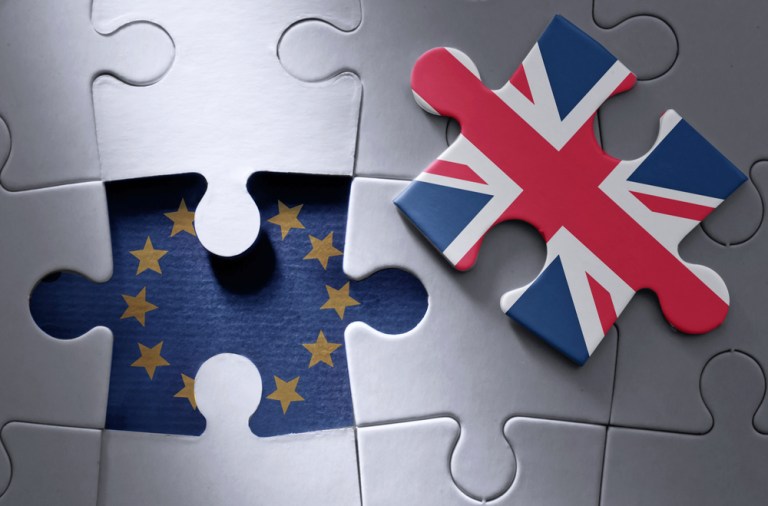Brexit: The Show Must Go On?

In the wake of the Conservative Party’s surprise victory in the snap elections held in Britain last week, negotiations over Brexit will go on, embattled Prime Minister Theresa May said this week.
Negotiations are slated to begin as soon as next week, with at least initial indications that Britain’s stated timeframe of leaving the EU remains on schedule.
But the question remains: Even amid a Brexit negotiation, which Brexit wins out – the soft kind or the hard kind? In the case of the former, there would be at least some semblance of relationships between Britain and the Continent, as some trade relationships would be maintained. Tory stalwarts including former Prime Minister David Cameron, and former Chancellor Ken Clarke have been advocating for a softer exit, according to the Independent and other papers.
As is germane to payments, the Financial Times reported Wednesday that Brussels (which can be considered a proxy for the EU) wants the power to say just how, and even whether, the non-EU clearinghouses should be able to process large amounts of Euro-denominated transactions. As has been widely reported, London has been the financial center of Europe (and beyond), with an outsized role in how securities and derivatives are processed. Clearinghouse businesses, as a critical part of financial services, can top $900 billion in value daily.
Going forward, said the FT, the European Securities and Markets Authority, which as an agency based in Paris and which is tied to the EU, could work with EU central banks to identify just which clearinghouses have “systemic significance” and whether activities should be relocated to the EU (though activities may not, in fact, be limited, as had concerned some in London.)